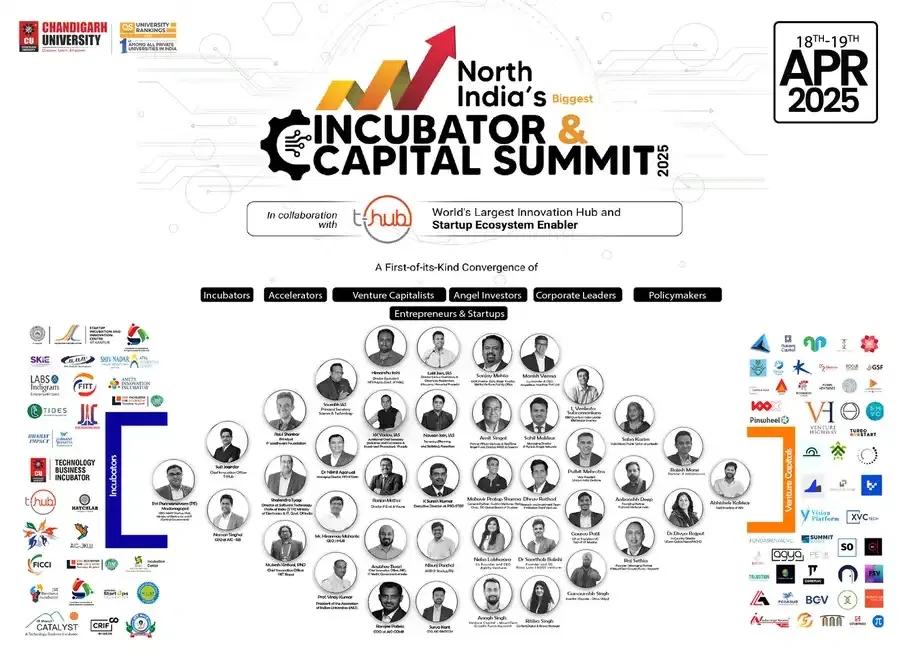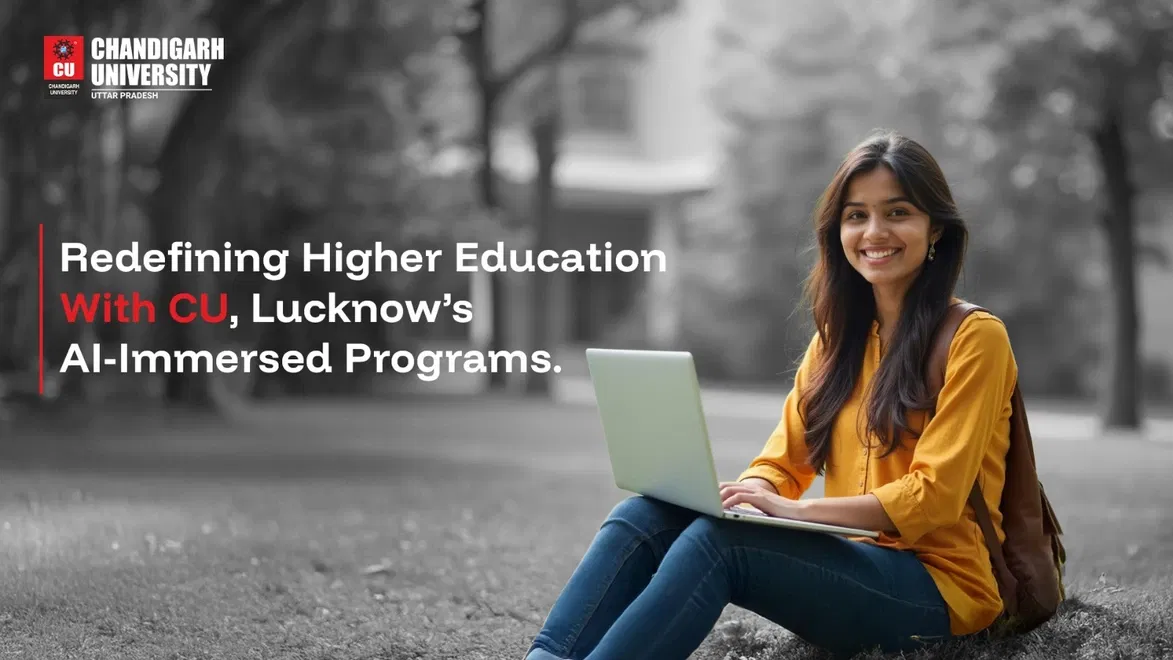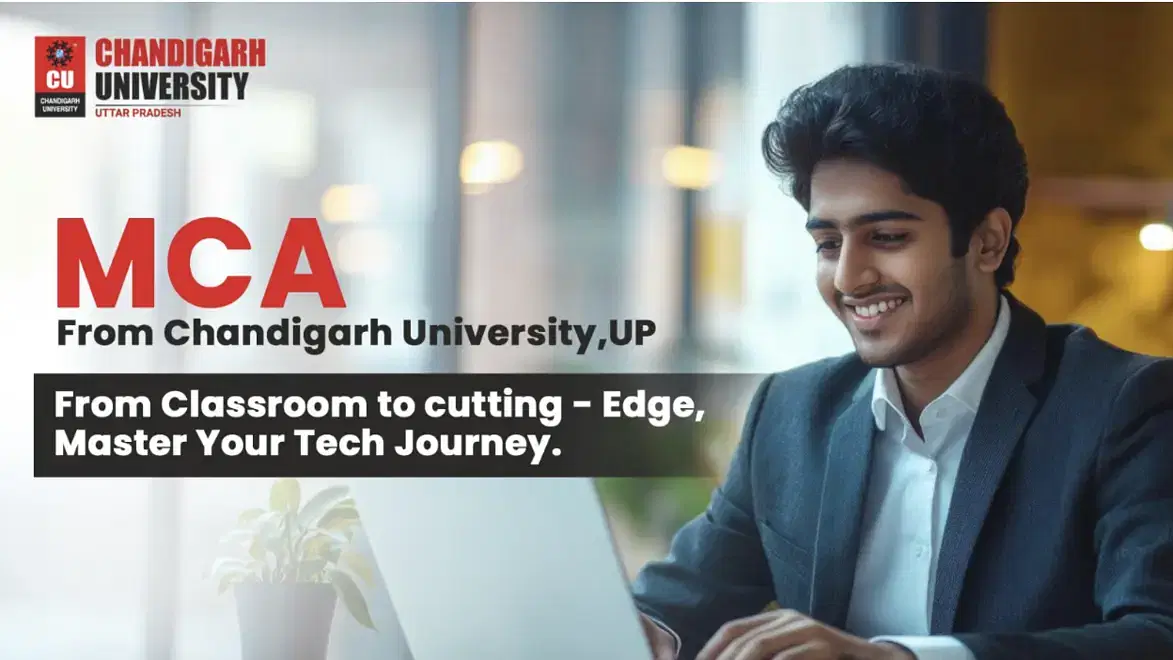Find complete information for including eligibility criteria, deadlines, application procedure for Indian Colleges
The educational sector is changing at a fast pace to cope up with changes in information technology. Here are some trends that are going to happen in the near future which will revolutionalize educational sector.
1.Online Learning
Slowly and gradually online learning is becoming mainstream. The major population of India is smartphone equipped and all set to try online learning for good.
We are living in an era where classroom lectures are becoming too boring.
That future is not too far when students will figure out new ways to acquire knowledge. Inexpensive data connectivity will facilitate the same.
Students will start consuming data from online databases, e-books, Journals or directly getting connected to industry professionals or subject matter expert.
2. Machine Learning, Artificial intelligence and Big Data
There is a possibility that in the next future lectures for students will be taken by “virtual mentor for learners” with the advancement in AI(Artificial Intelligence). For those of you who do not know what Artificial Intelligence is, it is the technology through which facebook suggest friends, enables Siri to answer queries or helps Google to guide driverless cars.
3. Research first, Teach next
The technology will enable students to communicate with each other by forming communities and exchanging new learning and teaching styles.
This will open up unimaginable new ways of learning. Researchers will be working on real-time inputs to make learning for students fun and experimental.
New technologies will help us challenge traditional paradigms such as class lectures, terms and modes of assessment. They will allow us to imagine new ways of learning.
By this, the major advantage will be for professionals who will be able to manage learning and working hand in hand.
4. Let’s customize studies
The future courses offered by universities and colleges equipped with technology can be customised with the learning needs of the students and teaching needs of the faculty. The knowledge hence imparted will be from different sources.
With this students will be able to take learning outside campus, become apprentices for researchers in or in desired industries virtually in the new age of learning.
5. Degree not required
With the fast pace of change in technology, students will start looking for smaller courses that impart the knowledge in demand. Hence the objective of the study will shift from attaining an ultimate degree to gathering knowledge and staying updated.
So for future recruiters, the criteria for selection will be on how competent candidates are in their acquired knowledge level rather than holding a degree.










